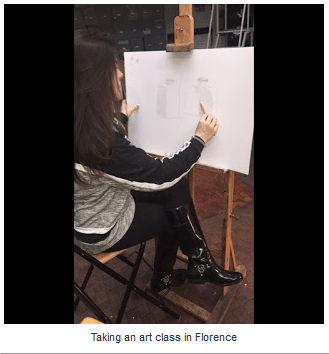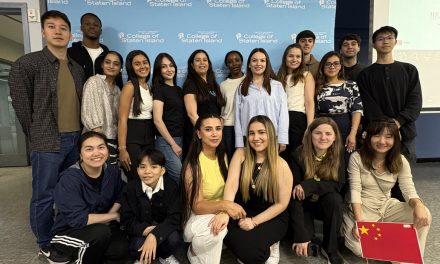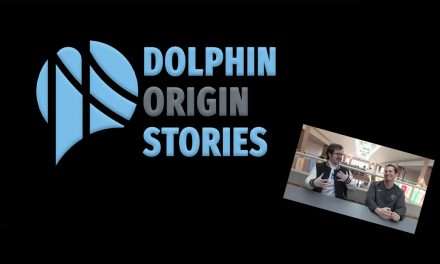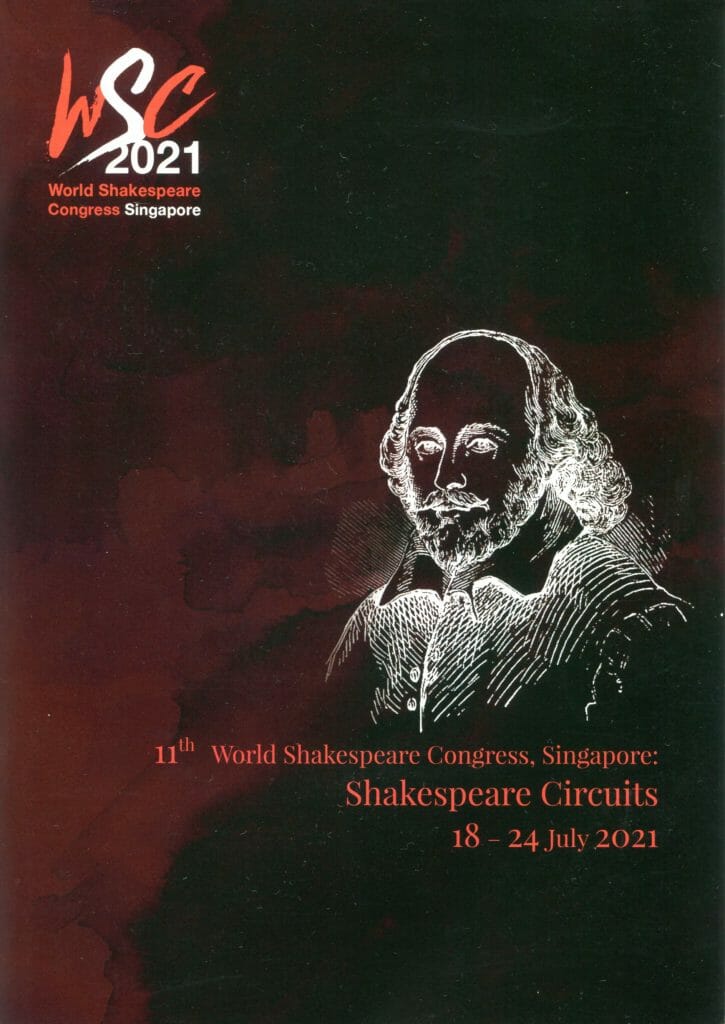
Three CSI graduate students, James Barone, Anh Le, and Alexandra Stein, had the opportunity to attend the 11th World Shakespeare Congress (WSC), last July, which was held virtually from the University of Singapore.
CSI English Professor Katharine Goodland explained her role in the students’ attendance. “I encouraged Allie, Anh, and James to participate in the WSC this summer when I learned that it would be held remotely, as many conferences have done over the past year. Usually, the cost of these conferences is prohibitive, as the plane fare and hotel room alone can be several thousand dollars, particularly for travel to a place like Singapore.” After the WSC waived the $118 WSC registration fee for each student, they each only ended up paying a $28 registration fee to the International Shakespeare Association.
Goodland noted that the WSC includes plenary lectures by well-known scholars, as well as competitive paper sessions, where participants write and submit their papers in advance of the WSC and then the themes and topics of the resulting seminars come from those submissions. “This seemed to me an ideal way for these three students, all of whom are considering applying to doctoral programs, to learn more about the profession, make connections with other scholars, and gain an important item for their CVs should they decide to apply to doctoral programs, which is quite competitive. The students were all in my MA course this semester, “Early Modern Drama and the Nature of Womankind,” and they are all now completing their final requirement of the program, the MA thesis. The timing was perfect, and their work in my course was exceptional.”
For their part, the students all reported that the WSC was an enriching experience for them.
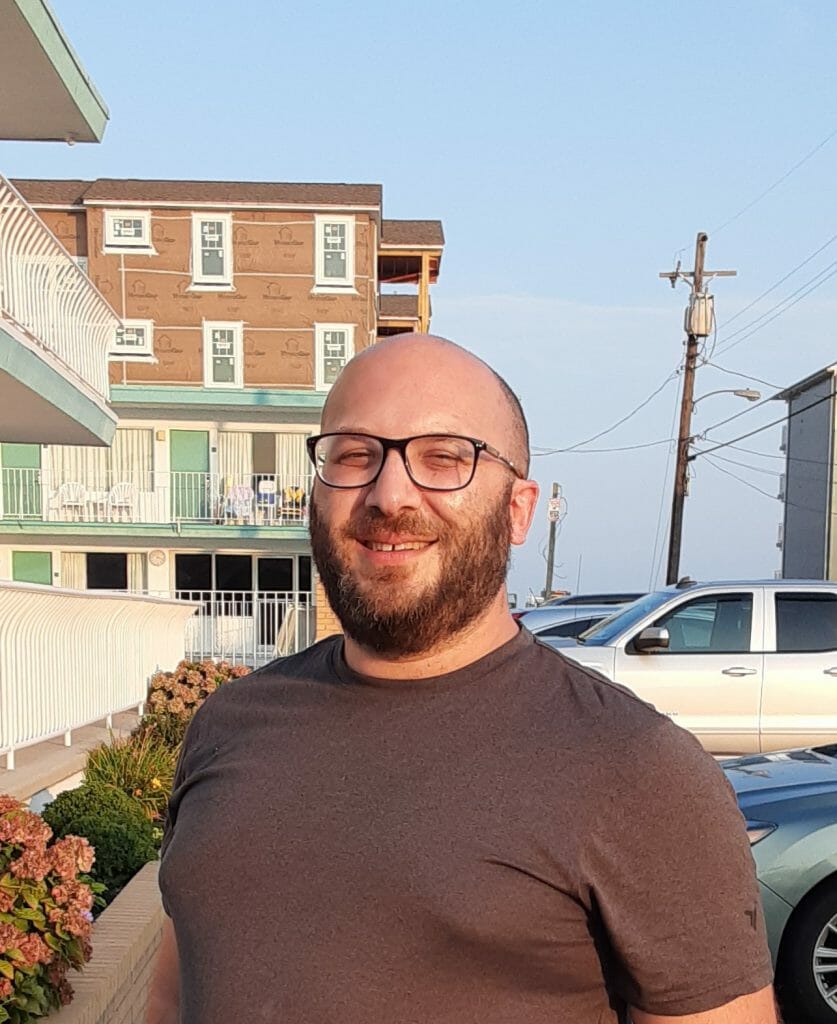
James Barone participated in the seminar “Carnival in Shakespeare” with his paper, “Dancing with the Devil: Mutability, Cuddy Banks and the Morris Dance in The Witch of Edmonton.” Stating that this was his first experience in an academic seminar, Barone recalled that “Overall, the experience was inspiring. Though my paper is a work-in-progress, it was nice to get some early feedback and know that I’m not entirely off-base. The seminar gave me a feeling of community that has been difficult to come by over the past year and a half or so, with the pandemic and distance learning.”
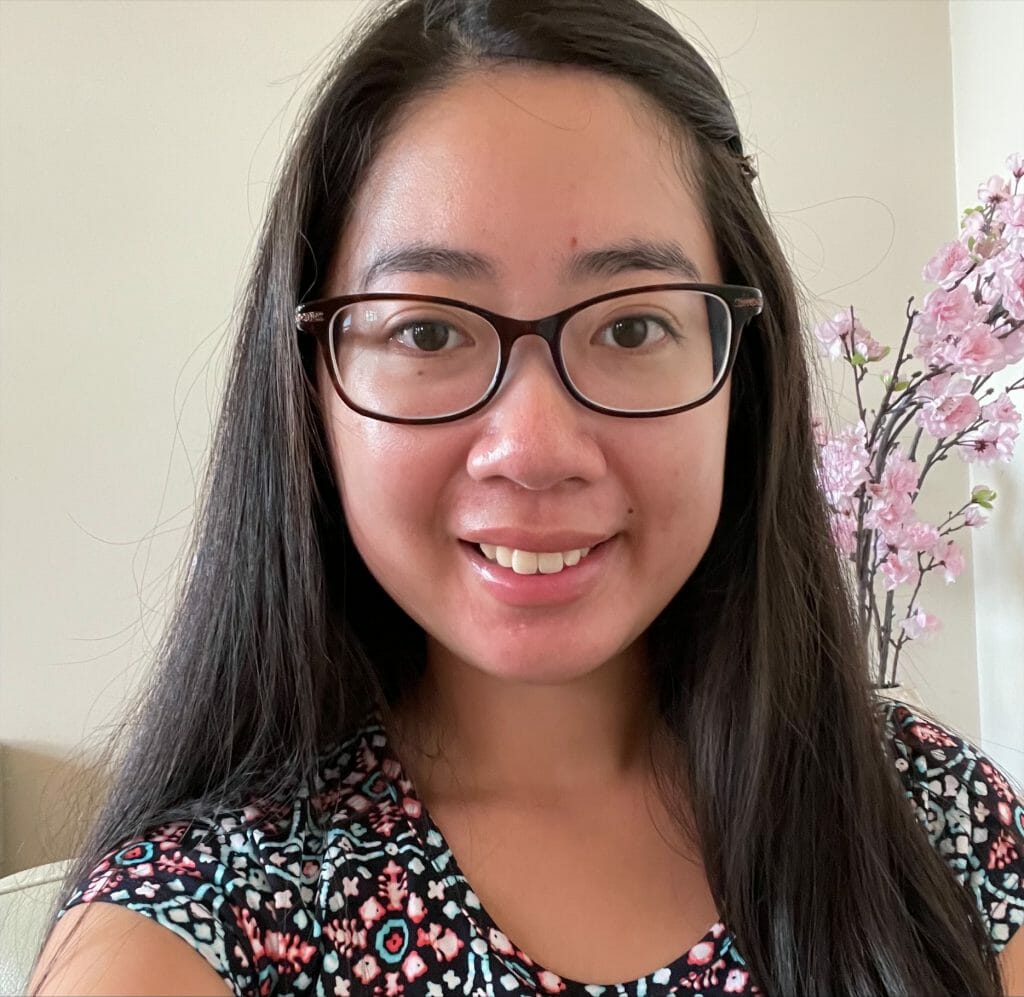
Anh Le attended the seminar titled “Shakespeare and Dance: From the Globe to the Global,” with the paper “The Movements of the Exploited Monster: Interrogating the Role of Butoh in Julie Taymor’s Adaptation of The Tempest.” Le said, “Attending the 2021 World Shakespeare Congress has greatly enriched my graduate studies. I have received amazing feedback from the seminar’s conveners…The scholars’ constructive comments reinforced that formulating a strong argument and carefully supporting it with evidence from the primary source(s) require time, patience, and above all, determination…My experience as a delegate in the WSC has emphasized the processes of writing and research as one of discovery and enlightenment.”
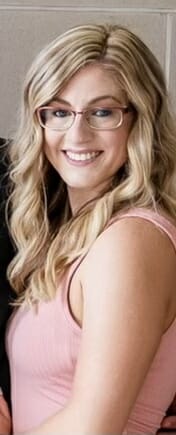
Alexandra Stein, who participated in the WSC seminar “Women and the ‘Feminine’ in Shakespearean Screen and Visual Media,” with her paper “If You Show Your Face, You Must Not Speak,” said that “Attending the World Shakespeare Congress this summer was an illuminating and exciting opportunity, as it was my introduction into the world of higher academia and scholarship. As a graduate student, I was anxious to be joining the conversation about Shakespeare’s women with some of the most celebrated Shakespearean scholars, but was immediately welcomed and made to feel as though I truly did have a place at the table.”
Goodland emphasized the importance of this academic specialty for students and what this particular experience means to her as an educator. “The field of Shakespeare Studies is global, democratic, diverse, and welcoming. It is and has been at the forefront of progressive change for the past 30 years. It has been a profound pleasure for me to have had the opportunity to share this wonderful field with these very fine emerging scholars. They have all gained invaluable insight into the work we professors are doing when we are not in the classroom.”

